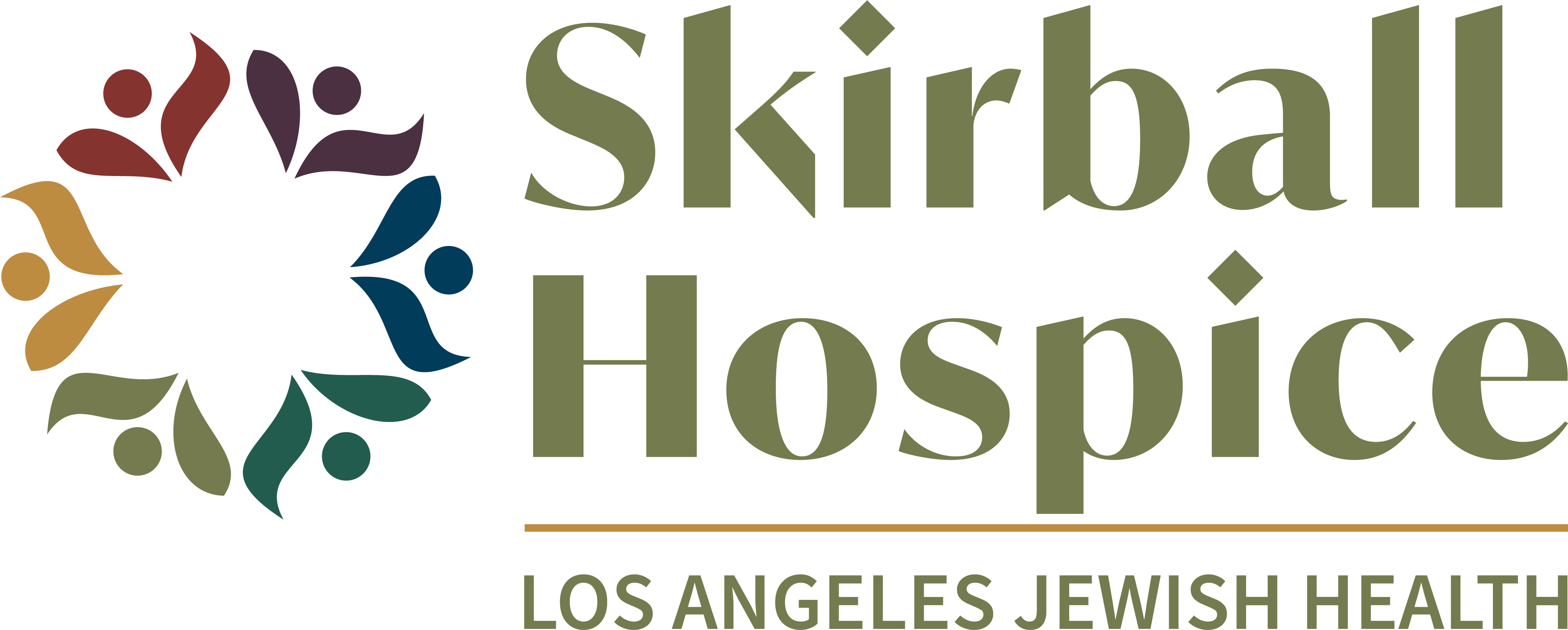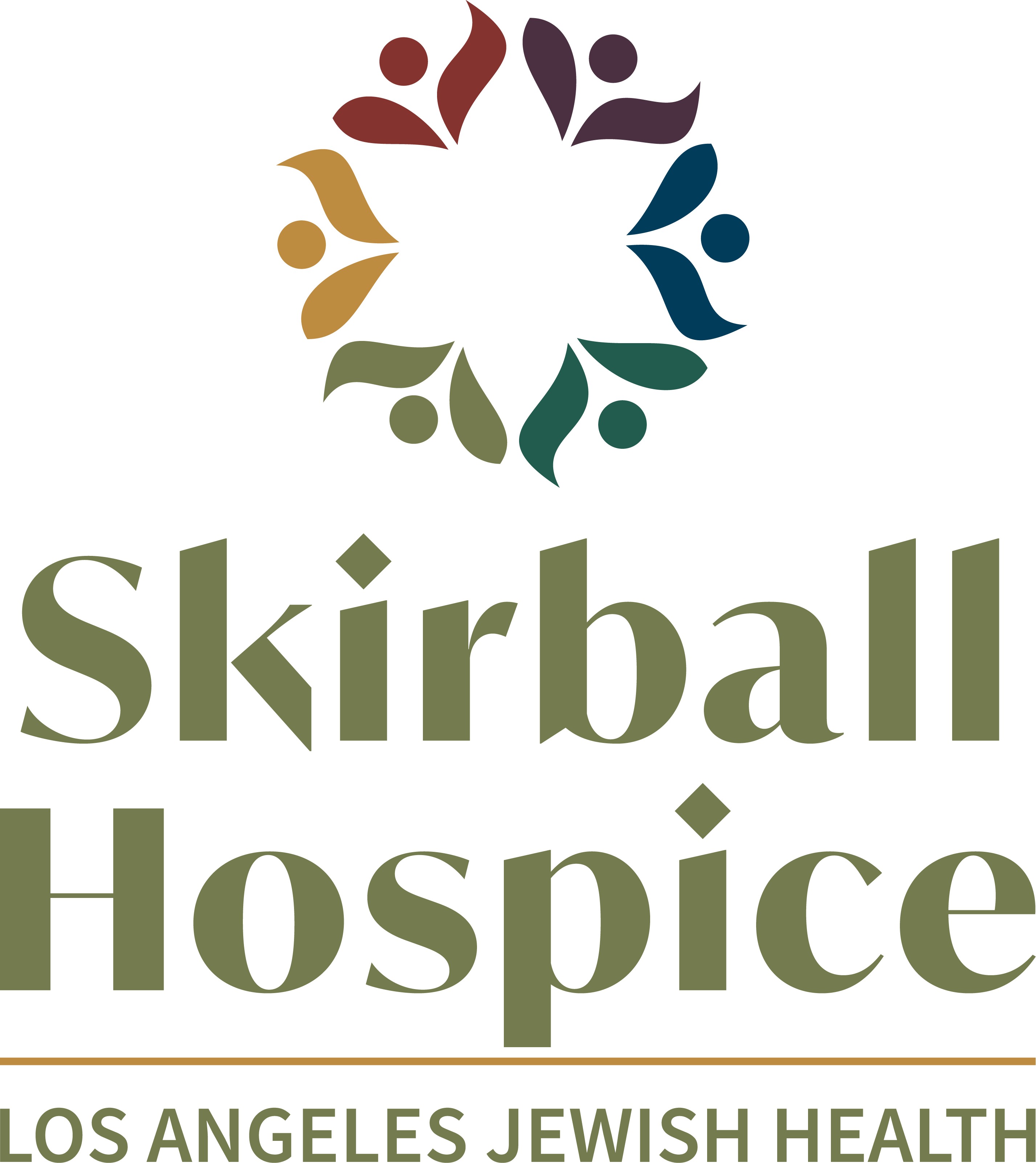Confronting a life-limiting illness is stressful, but you don’t need to face it alone. Skirball Hospice brings comfort care to adults in the greater Los Angeles area, allowing you to remain home in a familiar, reassuring environment with family, friends, and pets. We support and assist you, your family and caregivers with compassion and clinical expertise.
Is it too early to consider hospice?
Hospice care is palliative and not curative in its goals and treatments. Referrals are usually made when a life limiting disease is believe to be advancing, when aggressive medical intervention has reached its maximum benefit, and when you or your family decide to focus on maintain your comfort and manage your symptoms. We do not seek to prolong life beyond its natural course, nor do we hasten death in any way.
Hospice services is an election of care and it is intended to be for the duration of six (6) months or less depending on the terminal condition. The current status of your disease process will be reviewed at every visit by our team members. If your condition stabilizes you will be discharged from care along with that you may decide that aggressive care is more in line with your disease process and you can come off of hospice at any point.
What types of care does Hospice provide?
Routine level of care provides you and your family with supportive intermittent visits, medical supplies, equipment, medications. We help strategize your care based on your disease process. If the patient requires a caregiver, Skirball Hospice can refer to our community partners to assist the family to locate the appropriate caregiver for their loved ones. The family could use long term care insurance or in home support service hours from Medi-Cal to pay for the caregiver.
Continuous level of care (also known as Crisis Care) is a short term bedside nursing for a patient in crisis. If your loved one is appropriate for the level of care, we are required to provide at minimum 8 hours in a 24 hour period. The goal for crisis care is to provide care for the patient in the home like environment (private residence, board and care, assisted living facilities) that they are accustomed to. Once the crisis is managed the patient will return to the routine level of care.
Respite level of care is intended for your primary caregiver/family member a five (5) day period from caregiving responsibilities. This accomplished by moving the patient to a local skilled nursing facility during this time period.
General In Patient level of care is a temporary solution for a crisis. Skirball Hospice will transfer the patient to a local skilled nursing facility till the symptoms are managed and patient will be moved back to their home.
How is hospice different from other types of health care?
- Hospice offices palliative treatment instead of curative
- Hospice treats that patient and not the disease
- Hospice emphasized quality of days versus the quantity
- Hospice considers you and your family and one (1) unit of care
- Hospice offers help and support to you and your family 24 hours a day 7 days a week
- Hospice utilizes volunteers for patient socialization, family caregiver relief and being a new set of ears or do life review
Palliative care focuses on your comfort and not seeking care that will cure your disease.


